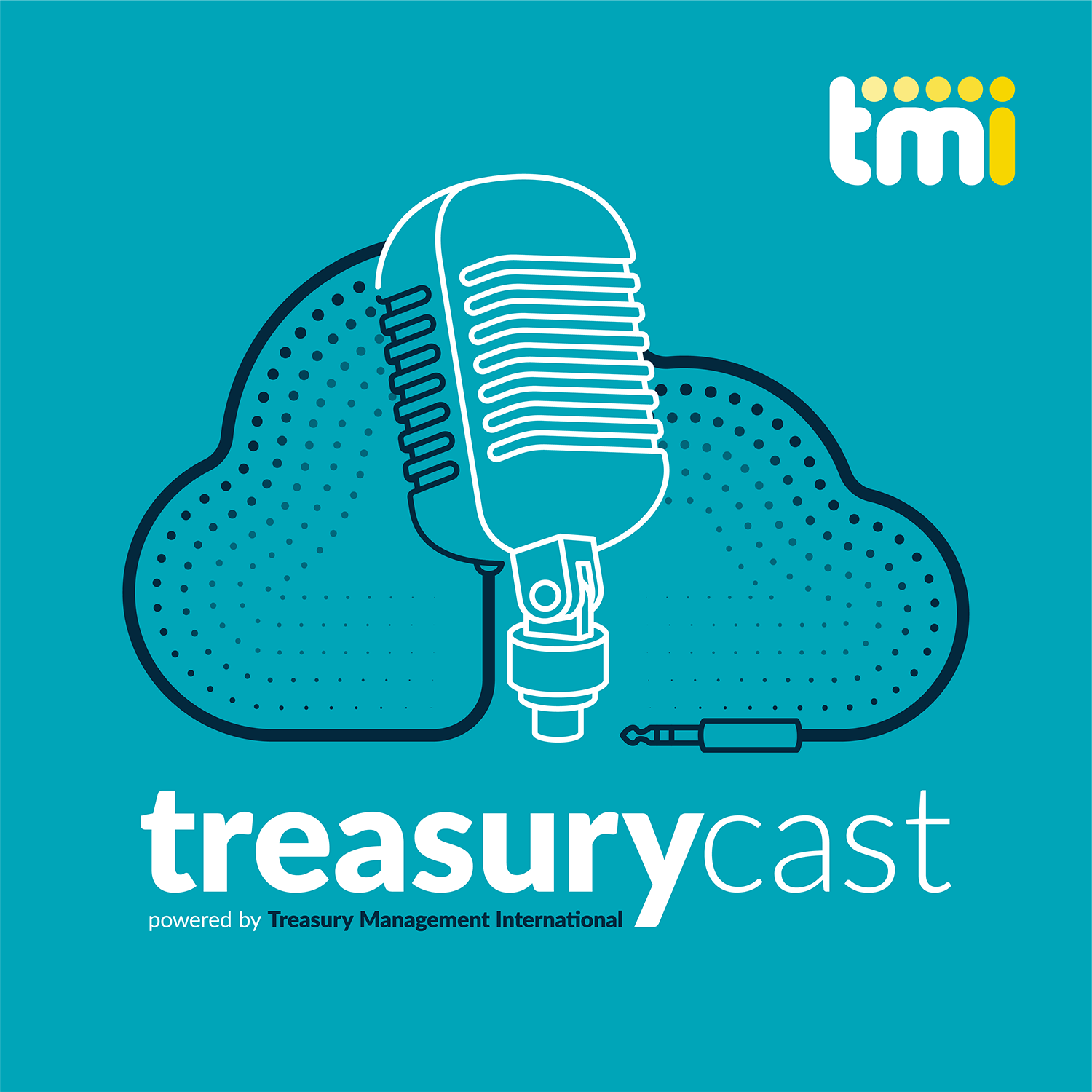Up to half of the estimated $100trn investment needed to deliver net zero supply chains will have to be directed towards SMEs – highlighting the need for a new front in the battle to combat climate change, according to new research published today by HSBC and Boston Consulting Group (BCG).
The research, Delivering Net Zero Supply Chains, calculated that as much as $25 – $50T is needed by SMEs globally but that this sector-focus adds additional layers of complexity to the climate challenge, with SMEs typically having less in-house climate expertise, and more limited access to capital to drive and fund climate transformation.
The research found that addressing these issues will go beyond giving SMEs incentives to work collaboratively to marshal technology, resources and know-how and turn them into real-world action. The bigger challenge might also be the need for wholesale changes in product, business models and organisational culture. As a result, supply chains are seen as key – given the interdependency of firms and the need for a holistic economy-wide transition.
The research identified a need for a ‘leadership crucible’ involving multiple actors. It found large corporates cannot just mandate new standards and ‘demand more’ of their suppliers as this would lead to limited progress and missed goals. Rather, they will need to co-invest and provide liquidity through supply chain finance, share transition knowledge and resources, and help propagate innovation and technologies across supply chains to reach scale.
Governments will need to establish incentives to rebalance the economic equation or mandate change via policies in areas such as disclosure while ensuring cross-jurisdictional alignment. Industry bodies and NGOs will need to disseminate knowledge and resources, lobby for change – using their field-expertise to support suppliers and inform development of industry standards. And, consumers will need to accept compromise in price, form or function and vote with their feet, even if that means changing habits.
Banks will be uniquely positioned to support clients big and small. They can ring-fence funding to finance the transition and use their wealth of data and experience to predict impactful projects and inform net-zero risk-management considerations. Additionally, they can partner with clients on sustainable supply chain finance programmes to lower the cost of borrowing for SMEs, and while they can continue to facilitate investment through capital markets and syndication, they will also need to partner more with governments and development banks on public-private-partnerships (PPPs) to be able to fund more.
Commenting on the findings, Natalie Blyth, HSBC’s Global Head of Trade and Receivables Finance, said: “Despite the positivity of increasing numbers of large corporates making net zero commitments, the reality is that delivering on ‘Scope 3’ emissions will be extremely challenging unless urgent action to support SMEs is taken now. This report highlights the need for a new front in the battle to combat climate change and to build coalitions, break-down barriers across supply chains and stakeholder groups, and transition supply chains holistically.”
A road-map for the transition
The research was based on an in-depth study of the automobile and textiles sectors since they represent two ends of the supply chain spectrum. While levers vary from one sector to the next, seven principles seem to apply to all as a roadmap to move towards emissions-free supply chains.
- Rethink product design. Go back to the drawing board and revisit product design, rather than just optimising existing processes. Net zero supply chains will not be delivered by tinkering at the edges and may require a wholesale re-evaluation of how people use products and how they are made.
- Embrace collaboration. Supply chains are asymmetric with top quality talent, education and resources at one end, and many smaller, less sophisticated SMEs along the chain in need of help. All need to collaborate to succeed: to share knowledge, technology, investment, and resources.
- Build the capabilities needed for change. the transition will expose skills and knowledge gaps, which will be greatest for SME suppliers. Capability development and training will help accelerate the shift.
- Invest in climate tech. Hitting net zero by 2050 requires investment in R+D now alongside close collaboration between industry, science and finance to accelerate bringing innovation to market at scale.
- Develop better data structures. There’s a need to build systems that can gather operational data across the supply chain to enable transparent, comparable and consistent ESG metrics that are made widely available. This includes to end-consumers so these can inform decisions at point-of-purchase.
- Think about policy & standards holistically. A historic lack of consistency in policies, standards and market practices has resulted in businesses being held to ever-changing requirements by their partners – driving up complexity and cost. Momentum in delivering consistency needs accelerating. Supply chains cross national borders and need policies that hold all to a high but workable common standard.
- Enable financing. Targeted, ring-fenced and affordable capital is a key enabler, but the banks will not be able to do this alone. Banks need access to mechanisms to team together (e.g. syndication), co-invest with corporates, and form PPPs to help deliver financing to where it’s needed most. This requires appropriate data structures that provide transparency and traceability of financing – where is it being directed, how is it being used, and by whom.
Sukand Ramachandram, Managing Director and Senior Partner, BCG, said: “We cannot reach climate goals without transforming SMEs, and this report offers a road map for that transformation. Forward thinking governments, industries and companies will have an eye to the economic opportunity that exists for those who can inspire and incentivise, and lead the charge from ambition to action.”





